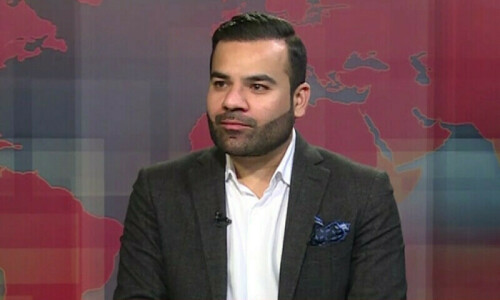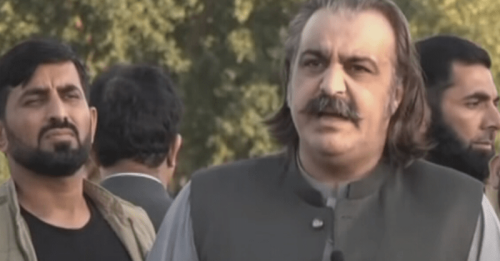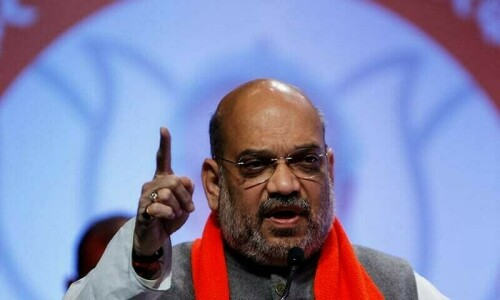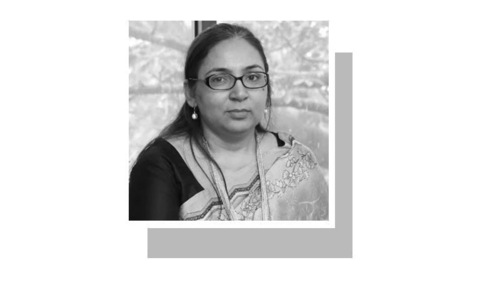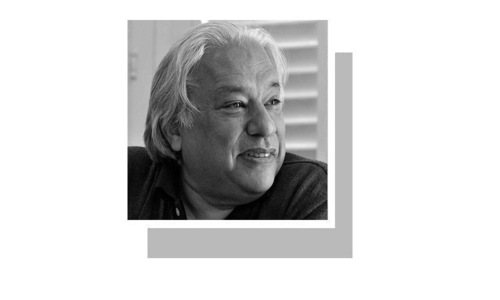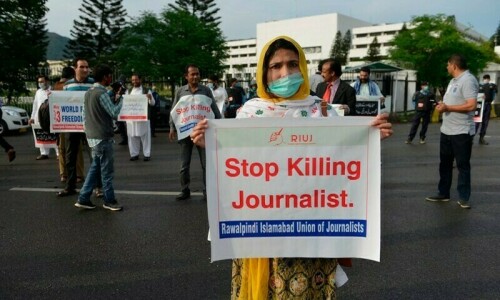SOME tragedies are so soul-searing, so monumental, that their imprint remains permanently etched in the nation’s collective consciousness. The terrorist attack on APS Peshawar seven years ago was precisely such an episode.
Nearly 150 people, including 132 children, lost their lives when TTP militants stormed the school and, in the most horrific orgy of violence imaginable, went from room to room slaughtering students and staff members. It was the second deadliest terrorist attack in Pakistan, but in terms of impact it was unprecedented. Distraught parents milling at the gates while the attack was underway, not knowing whether their children were alive or dead; images of the carnage that soon surfaced on social media; and the tender farewells to so many who died far too young — there remains a montage of indelible memories. That is even more so for the students who survived and for the families of the dead whose lives were forever changed on Dec 16, 2014.
Read: Remembering lives lost in the Peshawar school attack
For a time, it seemed the attack had catalysed a degree of soul-searching and strengthened the state’s resolve to fight religious extremism. The 20-point National Action Plan was the outcome of the civilian and military leaderships’ consensus that the country needed to chart a different course. That initial resolve, however, soon dissipated and became mired in inaction and procedural delays.
The state instead resorted to facile steps such as lifting the unofficial moratorium on capital cases — feeding a wounded nation’s bloodlust instead of taking the difficult, far-reaching measures that could eliminate the root causes of extremism from society. It even gave short shrift to the grief of the families of the APS Peshawar victims and their anger over why the attack had taken place at all, particularly in the light of intelligence about the TTP planning an assault on an army-run educational institution.
The families ran from pillar to post seeking accountability of those whose negligence had allowed the massacre to happen. It took well over three years before a judicial commission was set up to look into the matter. The 525-page report it submitted to the Supreme Court in July 2020 assailed the security lapses and the “unpardonable” assistance given to the militants by locals in the area. Given we are angling for talks with the very group that exulted in the murder of our children, have we learnt anything from the tragedy of APS Peshawar?
Published in Dawn, December 16th, 2021

















